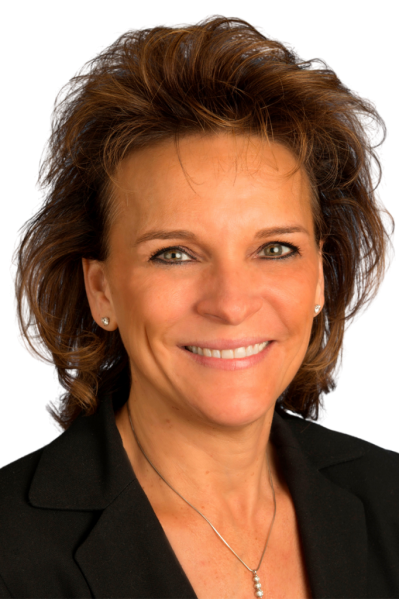
Laurie Gallegos
Reverse Mortgage Specialist
NMLS #2339341
(720) 639-9314Are you a homeowner looking for a way to unlock the equity in your home while still keeping your home and lifestyle?
With Zenith Reverse Mortgage program, you can receive payments based on the value of your home without having to sell or move.
You get the cash you need to live the life you want, and you can stay in the place you call home.